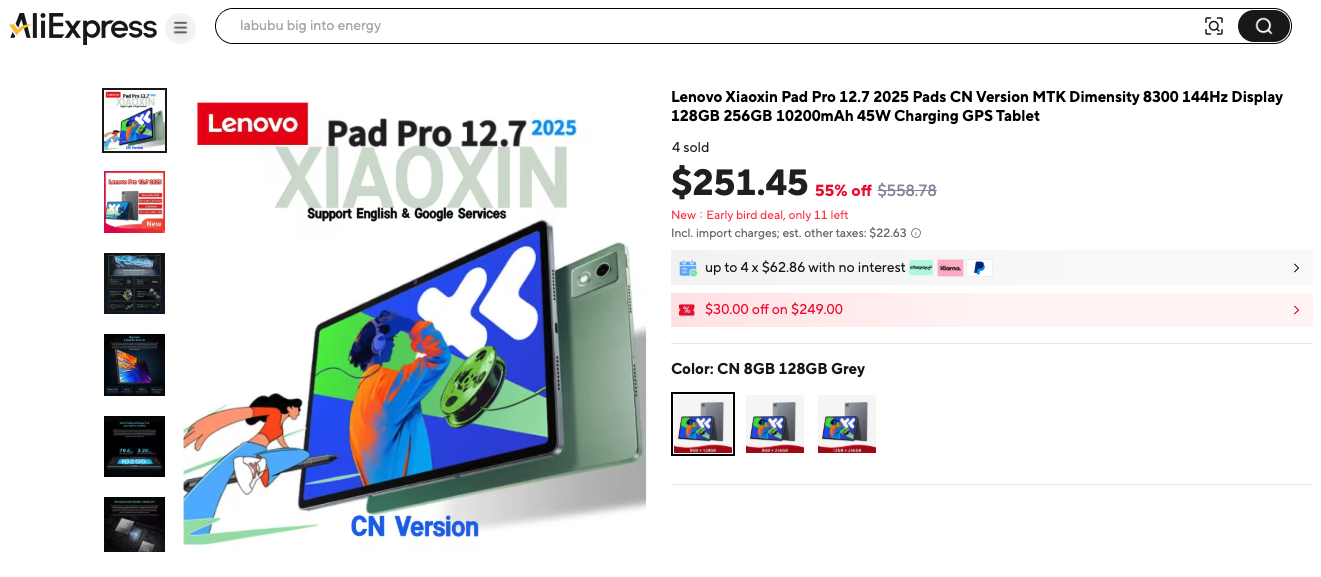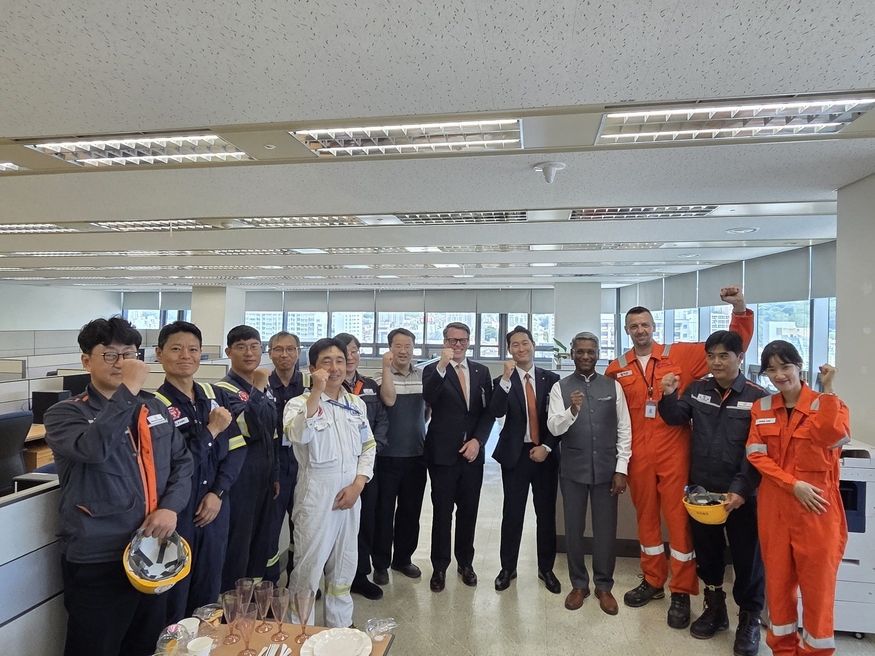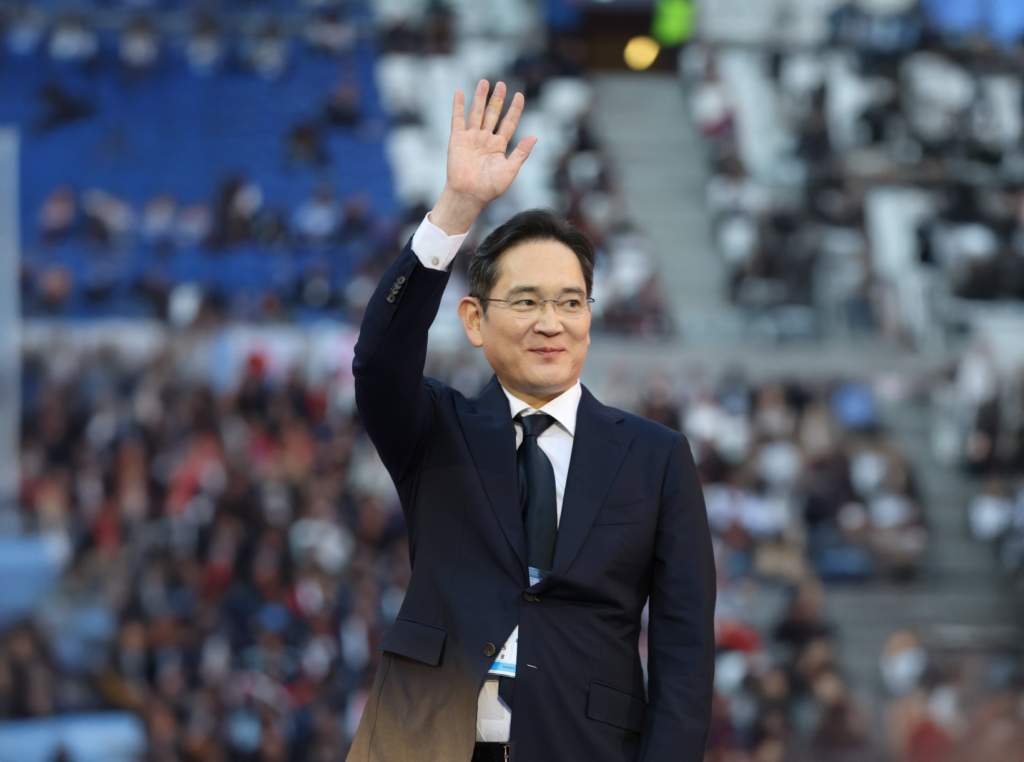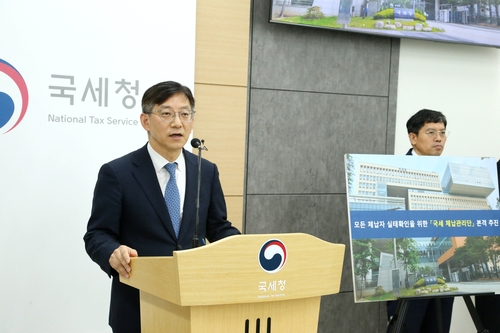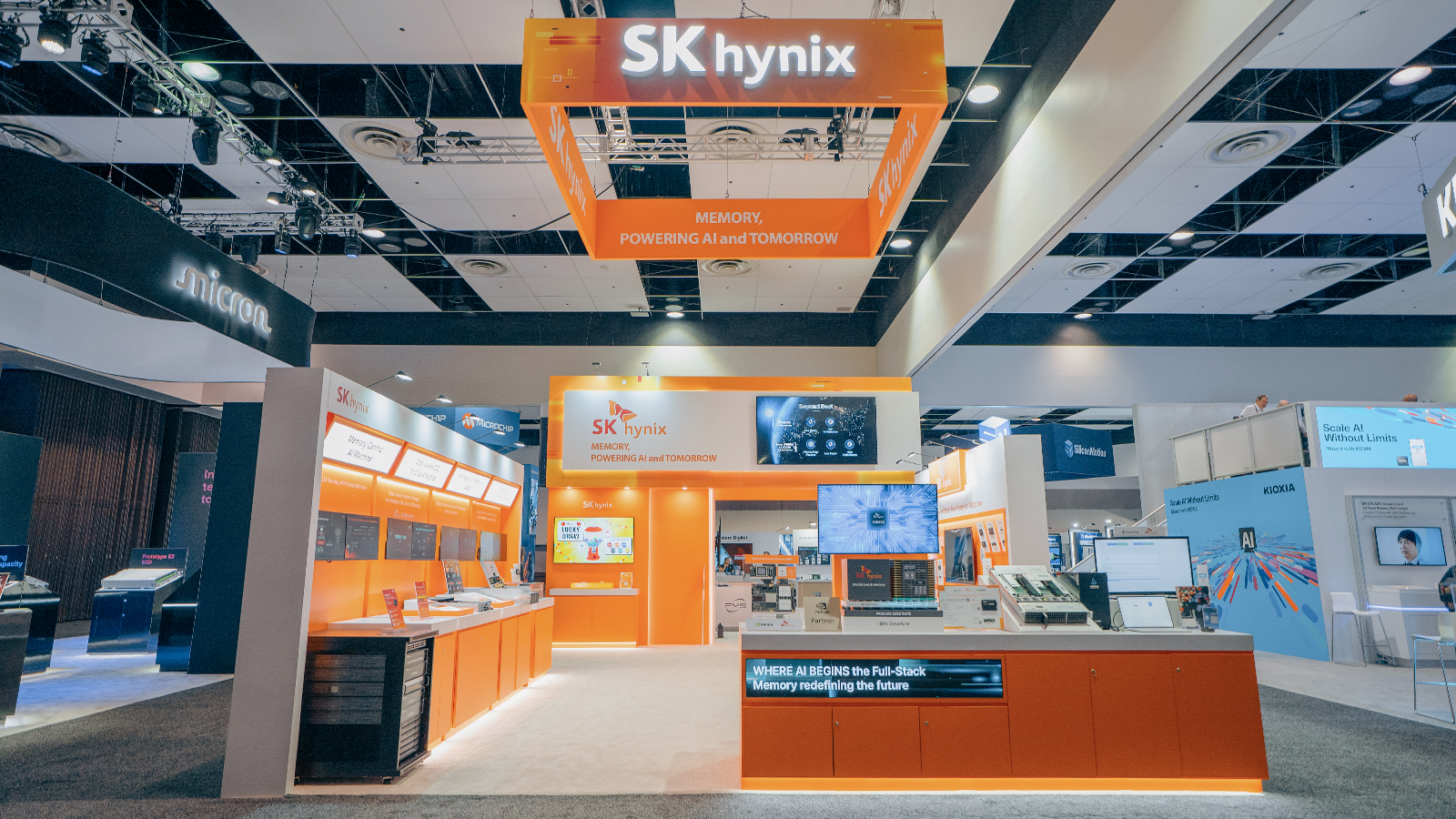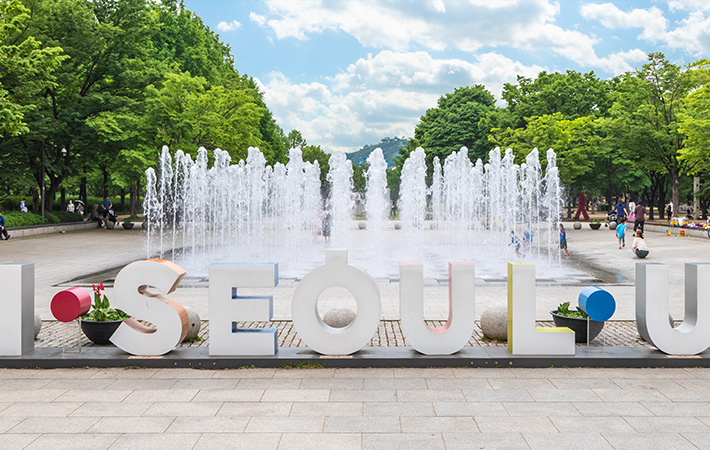
Lee Jae-yong, chairman of Samsung Electronics — a company recognized as a global leader in semiconductors, mobile devices, and home appliances — was acquitted by South Korea’s Supreme Court on Wednesday of all charges over alleged unfair merger practices and accounting fraud.
At 11:15 a.m. on Thursday, July 17, the Supreme Court’s third panel, presided over by Justice Oh Seok-jun, dismissed appeals by prosecutors seeking to overturn Lee’s earlier acquittals. Lee did not appear in court for the decision.
The court stated, “There was no violation of the principles of free evaluation of evidence or any misinterpretation of the Capital Markets Act or External Audit Act in the lower court’s ruling,” affirming that no further deliberation was needed.
Thirteen other former Samsung executives, including Choi Ji-sung, Kim Jong-joong, and Jang Choong-ki, who were indicted alongside Lee, were also cleared of all charges.
Lee was indicted in September 2020 over allegations that he orchestrated the 2015 merger of Samsung C&T and Cheil Industries to secure management control at a minimal cost, and that he was involved in illicit stock manipulation and accounting irregularities through Samsung’s Future Strategy Office.
Both the district and appellate courts had previously acquitted Lee of all charges, rejecting the prosecution’s request for a five-year prison sentence and a fine of about $359,160.
The courts also ruled that evidence obtained from Samsung BioLogics and Samsung Bioepis servers had been collected unlawfully and was inadmissible.
The first trial in February last year dismissed all 19 charges, and the second trial earlier this year acquitted him on all 23 charges, including additional allegations. Prosecutors appealed, but the Supreme Court upheld the not-guilty verdicts.
Samsung’s legal team welcomed the ruling, saying, “The Supreme Court has clearly confirmed the legality of the Samsung C&T merger and Samsung BioLogics’ accounting practices. We are deeply grateful to the court for its fair judgment after five years of thorough deliberation.”
Business groups also expressed support. Lee Sang-ho, head of the Korea Economic Association’s industry division, said the ruling would allow Samsung to focus on technological innovation and strengthen its global competitiveness.
He added, “Amid growing global trade tensions and competition in advanced industries, strategic investment and swift decision-making by corporations are crucial to overcoming economic challenges.
We urge lawmakers and the government to improve regulations and provide bold support so that Korean companies can succeed in the global market.”



